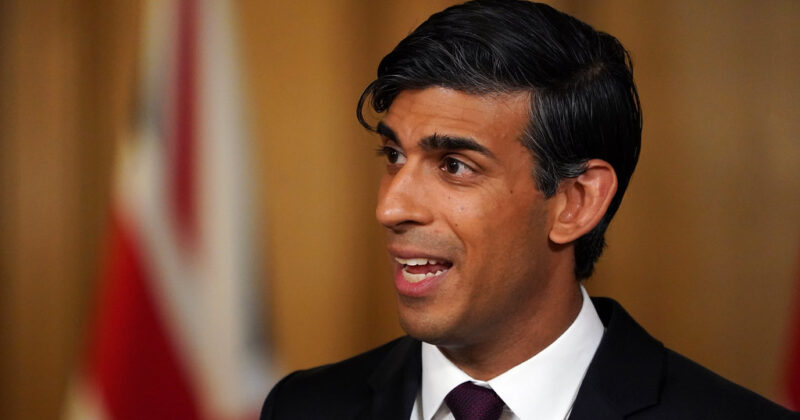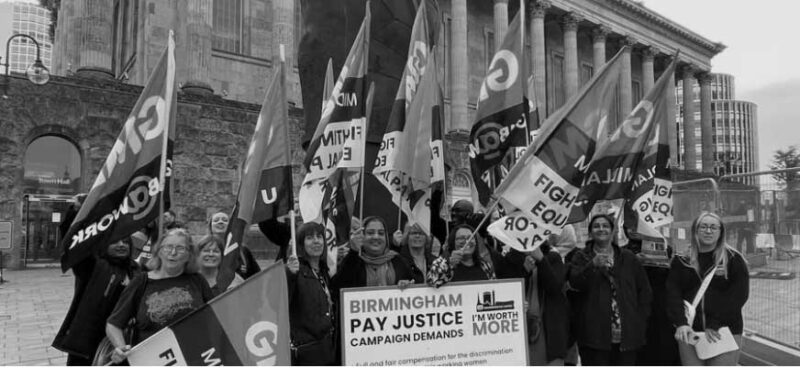German capitalists push for fiscal powers as second credit crunch looms
 None of the problems from 2008 have gone away; in fact many have become worse, argues Richard Brenner. What are the European leaders planning next?
None of the problems from 2008 have gone away; in fact many have become worse, argues Richard Brenner. What are the European leaders planning next?
AS WE go to press, the capitalist class is in a state of high anxiety. “Five days to save the Euro” run the headlines.
The German chancellor, Angela Merkel, has called openly for the transformation of the EU – or part of it – into a new Fiscal Union, in which unelected officials could impose tax and spending cuts on member states, and the European Court of Justice could overrule elected governments if they did not cut hard enough.
Why? Because “Europe is in the middle of its greatest test”, she said on 2 December. The 1 percent – financiers, corporate owners and their governments – want urgent action because two crises are coming to a head at the same time and they want to force the working class to pay for them. “We really are up against the wall”, one European diplomat told the Financial Times.
The first of the two crises is state debt. Several European countries ran up massive debts before the recession in 2008 and have seen revenues plunge and benefits soar since then. Unlike, for example, the USA, which has tried to stimulate growth by devaluing its currency and boosting exports, the weaker members of the Eurozone like Greece, Portugal, Spain and Italy cannot alter the value of the euro. With no prospect of economic growth, they can only borrow on international money markets at impossibly high interest rates. Without new loans, they face the prospect being unable to repay existing debts.
The second crisis centres on what the Governor of the Bank of England, Mervyn King, calls “early signs of a credit crunch”, and what Bank of Japan deputy governor Kiyohiko Nishimura called a “widespread credit crunch”.
Banks have stopped lending and are hoarding cash as the prospects of future returns look dim. If they lend to governments by buying bonds, they fear they may never be repaid. If they buy shares, they face losses through falling share values as a double dip recession looms.
On 1 December, Eurozone banks borrowed more than €8 billion overnight from the European Central Bank just to keep themselves afloat. At the same time, five central banks, led by the US Federal Reserve, announced “emergency action” to help banks get access to money. These unprecedented and dramatic interventions suggest the banks had ceased to lend to each other – meaning they feared that a major bank might be on the point of collapse and could not be trusted to repay even short term loans.
Another credit crunch?
Less than five years since the first signs of the last credit crunch emerged in early 2007, less than four years since the Great Recession of 2008-09, the Wall Street Journal fears “a repeat next year with a different cast of characters but an equally scary ending”. US investment bank Goldman Sachs says these two crises will push much of the world back into recession. Last time, they say, it was sub-prime mortgages and the collapse of major banks and hedge funds that catalysed the crisis, this time it will be Europe, because “the sovereign and banking crises have now taken on a systemic dimension, with investors increasingly questioning the survival of the euro and the euro area”.
The risk of a banking crisis is not limited to the Eurozone. The Bank of England’s Financial Stability Report warns that the four biggest UK banks have a net exposure to Ireland, Spain, Italy, Greece and Portugal of £172.3 billion, which is 83 per cent of their total core capital.
The leading European capitalists in the German and French ruling classes are desperate to defend the Euro and their political and economic domination in Europe. If the euro collapsed, Germany would lose its built in exchange rate advantage, which has benefited its huge export industries in European markets.
A new period of geopolitical instability would see sharper rivalries between European states, protectionism hampering world trade and fuelling conflict, and world powers like China and the USA vying for influence over a patchwork of shifting European alliances.
The fiscal union
For Merkel, the solution is a new Fiscal Union. As we write, five critical days of negotiation are opening, but it is clear that the ruling classes of Europe face three choices:
• Who will be in, or out, of a new fiscal union? Greece could be dumped from the euro, if so, its new currency would plummet, middle class and small businesspeople and savers would be ruined, banks would collapse and so on.
• How to boost the size of the EU’s bailout fund? At present, it has just €250 billion, nowhere near enough to bail out Italy and Spain, and far less than the €1 trillion promised in the last “urgent talks”. The fund is essential to build a ‘firewall’ around Greece, or stop the ‘contagion’ spreading to Italy. Unless they find some cash, the new EU could be a lot smaller than the old one.
• How to legitimise a fiscal union? They may need to revise the EU Treaty but this could mean referendums in many states – and they won’t all go the way Merkel wants. There is no lack of territories in Europe with historic grounds to dislike the prospect of German control. The “democratic deficit” is a major political obstacle to all such plans. The governments of Greece and Italy have already been removed by the diktat of European and international finance. Can it be an accident that the new Italian government has no lack of bankers but not one elected politician?
Fiscal union would mean that democratically elected governments could be overruled by unelected European institutions. Some moderates in the working class movement will propose tepid reforms of the EU, the issuance of Euro bonds and so on, without noticing that fiscal union would represent a big step towards consolidation of a new European imperialist power, free of all democratic controls. Others in the movement will rightly demand that governments default on their national debts and cancel austerity programmes, but they will ignore the fact that a retreat back to national economies would guarantee a decline in the European economy as a whole. A patchwork quilt of ‘independent’ capitalist states, each ruled by a desperate class determined to cut harder than their rivals, is no solution for the working class.
At the same time the repeated capitalist crises show the system has no way out. In every country the bosses and their governments are slashing public sector pay, throwing people on the dole, making truly barbaric cuts to education, healthcare and benefits, stripping away pension rights and tearing up hard won agreements.
Across Europe, the working class movement needs to coordinate its resistance, raise the level of the strikes against austerity into indefinite stoppages designed to bring down the cutting governments, and aim to replace them with new governments based not on technocrats and bankers, but on the rule of councils of workers’ delegates. Then we could cancel the debt to the bondholders, tear up the austerity plans, take over the banks and fund an urgent plan for jobs and redevelopment out of the wealth of the 1 percent.
There must be no illusions that solutions can be found within national borders. Capitalism has begun to integrate the European economy but the capitalists themselves are national classes who cannot complete the process. For that, we need a Socialist United States of Europe, based on the councils and other fighting organisations that must be built in the struggle against austerity






